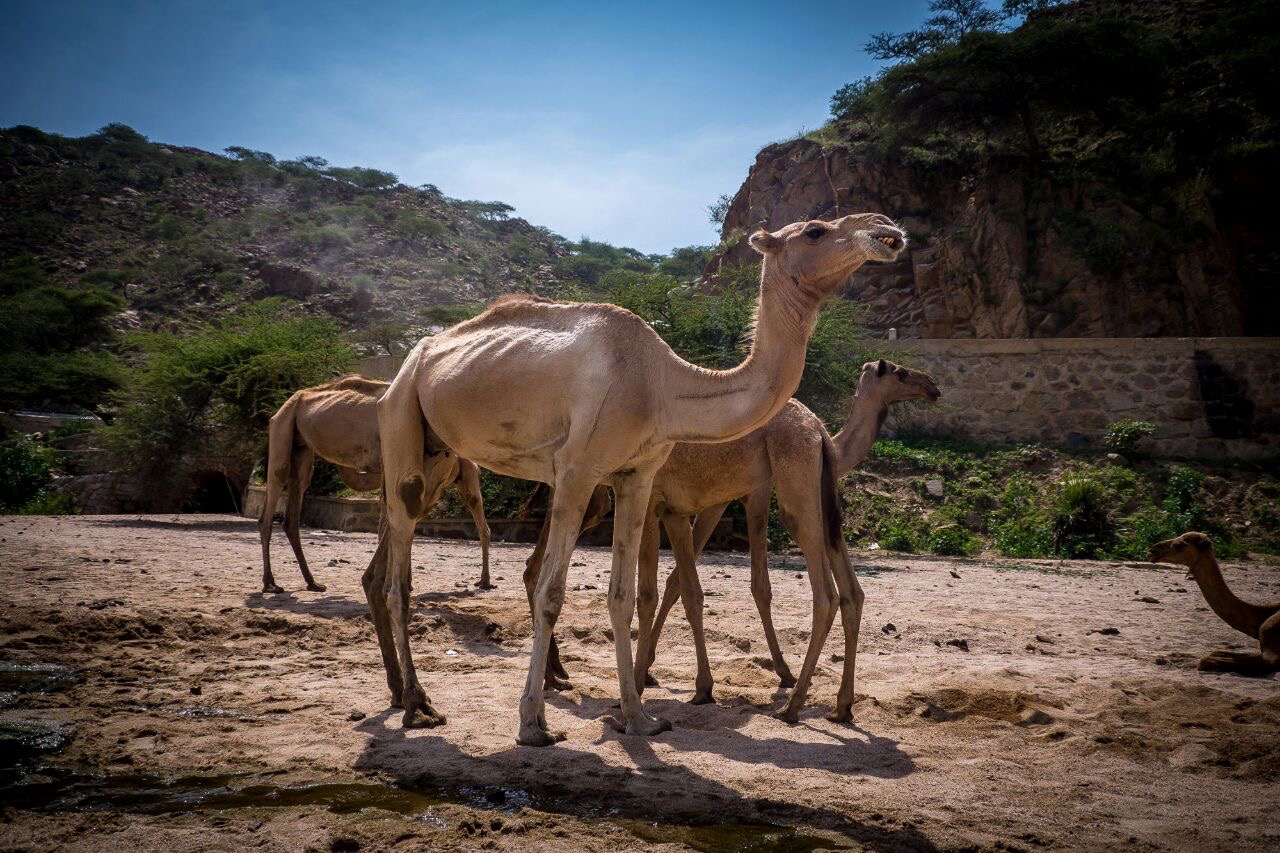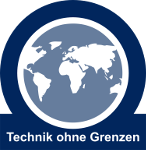
How to support together, despite crisis
Dear friends,
As announced in the last newsletter, we wanted to provide you with a separate update on the impact of COVID-19 and the conflict in the Tigray region of neighboring Ethiopia. Both issues appeared on our all news screens, but it proved difficult to grab and estimate its impact on our project’s region. We tried therefore to complement international news with information from on the ground, the following lines try to summarize our (conditional) state of knowledge and to give a basic overview of the situation our friends and partners are facing in Eritrea.
As all other places in the world also the country of Eritrea has not been spared by Corona, counting as of now overall around 700 cases but no fatality. With medical options to treat virus infections being comparably limited, all the attention of authorities focuses on containing the spread. This results in a rigid lockdown since months. Commercial airport activities and border crossings are closed to avoid any potential entry of the virus from abroad. Travels between regions within the country are forbidden and a fair portion of quotidian live came to hold. Prices for goods of everyday use soared on the other hand due to limited trade possibilities. Especially for day laborer the situation is difficult, same as for farmers who lost parts or even entire harvests with the contemporary plague of locusts that passed through the some parts of the region in autumn. With the people from the Begu valley being for most parts precisely day laborers and farmers, the situation in our project’s region has become far from easy.
While numbers of new infections remain fortunately contained as of now, a re-open with subsequent economic recovery of the country will probably only happen once a vaccine becomes widely available. And thinking about how long it still might take until our own hometowns in Germany and Europe as a whole will be sufficiently vaccinated, one can easily imagine that also next year will remain challenging for our friends and partners in Eritrea.
On top of all this came the outbreak of the conflict in the Tigray region of Ethiopia. The region is sharing on the one hand a long-time contested border with Eritrea, but on the other hand also common ethnical groups living on both sides of it. Overall a surely somewhat turbulent history. While in principle the conflict is an inner-Ethiopian conflict between the central government and the regional government respectively, the latter accuses Eritrea to be involved in the military operations. While both Eritrean and Ethiopian government deny these claims, multiple rockets were fired from the Tigray region on the Eritrean capital Asmara. It remains unclear how much Eritrea got plunged into the conflict already and to what extend it may be in the future after Ethiopia’s prime minister Abiy Ahmed declaring the fighting officially as ‘completed’ while other international sources report it to be still ongoing. To our knowledge no casualties have been reported on the Eritrean side as of now and our friends on the ground describe the situation as ‘calm’. Still, it feels like a sword of Damocles hanging over their heads, on top of the other difficulties.

With these disquieting thoughts in our head we thought on what we could do to stand with the people of our project’s region in these difficult times. For the moment we are unable to travel and to help in person by ourselves, similarly bigger construction work in the country came also to rest since the beginning of the lockdown. So, what to do? Send care packages or simply money to friends and people of trust? That didn’t seem quite convincing and most of all not fair to all those whose direct contact we might not have.
The fairest distribution and support option we eventually saw was to foster project’s spending on the ground. Instead of just paying a random amount of money to few people, we thereby make sure that money reaches a widespread group of people and families in the Begu valley. More than 70% of last year’s budget were spent as personnel costs, out of which more than 90% went directly to the people the Begu valley for their work contribution as masons and foremen. So eventually every donation to this project builds not only a sustainable infrastructure for water supply in rural Eritrea, but it also supports common people during the construction time to get through daily life. That is why we decided to extend our project’s spending for the upcoming year, paying also for tasks which as of now were contributed over by the community. The regular leveling of accumulated sediments as well as potential desiltation measures are such examples. And while the community is used to perform these tasks anyways on their own, no immediate engineering supervision is needed, and the activity can be executed also despite current lockdown measures. By paying the daily wage for this, we hope to ensure not only an increased long-term technical efficiency of the project, but also to provide a valuable extra support for the people of the Begu valley.
So, don’t hesitate, this year is coming to an end a new one will come, let’s stand together in difficult times and help those who need it the most! All donations being made on this and the next Advent Sunday receive a +10% top-up from Betterplace.
To stimulate the thought and as a small thank you for all your support already provided, please find with the link below a short teaser from our new project film coming out soon. As the pictures impressively show, we have already grown a good deal together!
We wish you all a happy and peacefull third Advent,
Your project team “Water for Eritrea”
Text: marius.koenig
